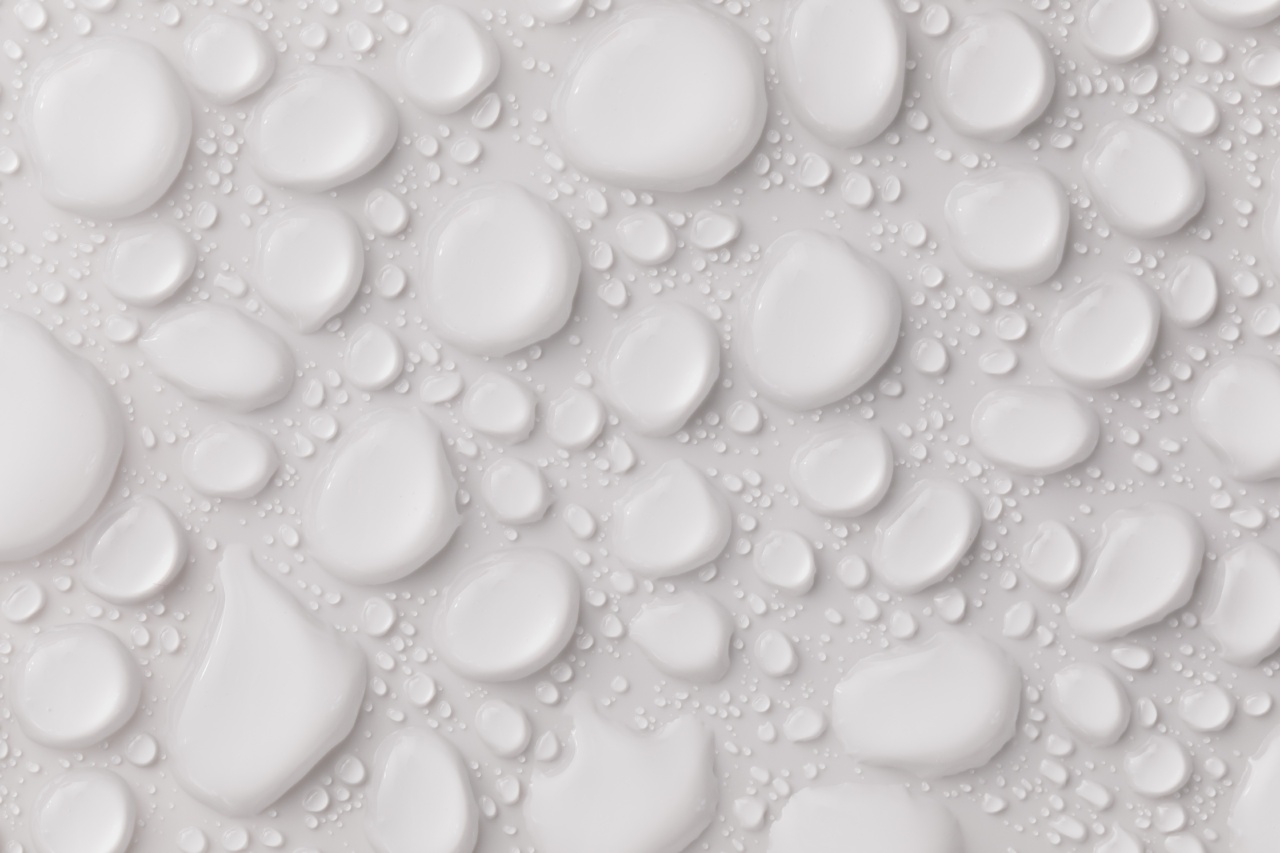Sunscreen is an essential tool in protecting our skin from harmful UV rays. It’s no secret that regular sunscreen usage helps prevent sunburn, premature aging, and potential skin cancer.
However, like any other product, sunscreen has an expiration date. But what happens when your sunscreen reaches or surpasses that date? Is expired sunscreen still effective? Let’s delve deeper into this topic to find out.
Understanding Sunscreen Expiration Dates
Before we discuss the effectiveness of expired sunscreen, it’s important to understand the concept of expiration dates on these products. Sunscreens usually have a shelf life of three years.
The expiration date is indicated on the packaging, typically in the format of “exp” followed by the month and year.
While sunscreen manufacturers determine these expiration dates based on stability testing, they do not guarantee the product’s efficacy beyond that point.
This doesn’t necessarily mean that using expired sunscreen will harm your skin, but its effectiveness may be compromised.
Factors Affecting Sunscreen Efficacy
Several factors can impact the effectiveness of sunscreen over time:.
1. Exposure to Heat and Direct Sunlight
Prolonged exposure to heat and direct sunlight can significantly reduce the quality and efficacy of sunscreen. Sunscreen should be stored at room temperature and kept away from direct sunlight to ensure its longevity.
2. Oxidation
Oxidation is another factor that affects sunscreen efficacy. When exposed to air, the active ingredients in sunscreen can oxidize, making them less effective at blocking UV rays.
This is why it’s crucial to keep the sunscreen tightly closed when not in use.
3. Changes in Consistency
Over time, sunscreen may undergo changes in consistency, becoming runnier or thicker than when initially purchased. These changes could indicate a decrease in efficacy and may affect its ability to provide adequate sun protection.
4. Degradation of UV Filters
The active ingredients in sunscreen, known as UV filters, degrade over time. This degradation occurs more rapidly when exposed to adverse conditions, such as high temperatures or extreme humidity.
As the UV filters break down, the level of sun protection provided by the sunscreen diminishes.
5. Contamination
Expired sunscreen may be more prone to contamination by bacteria and other microorganisms, especially if it has been improperly stored.
These contaminants may cause skin irritation or infections, further reducing the effectiveness of the expired product.
How to Properly Store Sunscreen
To maximize the longevity and effectiveness of your sunscreen, it’s essential to store it correctly:.
1. Keep It in a Cool Place
Store your sunscreen in a cool, dry place away from direct sunlight. Avoid leaving it in hot cars or near heat sources like radiators or stoves.
2. Check the Expiration Date
Always check the expiration date before using sunscreen. Using an expired product may not provide adequate sun protection.
3. Keep the Container Closed
After each use, make sure to tightly close the sunscreen container to prevent air and moisture from entering and causing oxidation or degradation of its active ingredients.
4. Do Not Share
Sharing sunscreen with others might increase the risk of contamination. Each person should have their own supply to ensure proper hygiene and minimize the chances of spreading skin infections.
Is It Safe to Use Expired Sunscreen?
While using expired sunscreen might not cause immediate harm, its diminished effectiveness means you may be putting your skin at a higher risk of sunburn and sun damage.
The skin damage caused by UV rays is cumulative, and regular sunscreen usage with fresh products is crucial for optimal protection.
If you find an expired sunscreen and are in urgent need of sun protection, it’s still better than no sunscreen at all.
However, it is recommended that you seek a fresh sunscreen product as soon as possible to ensure adequate protection against the sun’s harmful rays.
The Bottom Line
Expired sunscreen is not as effective as fresh sunscreen. The degradation of UV filters, changes in consistency, and potential contamination can all impact its ability to provide adequate sun protection.
To ensure consistent and reliable protection against harmful UV rays, it’s best to use sunscreen within its expiration date and store it properly.
Remember to always check the expiration date before using sunscreen and avoid keeping it in high-temperature environments. Prioritizing sun protection with fresh sunscreen is essential for the overall health and well-being of your skin.




























